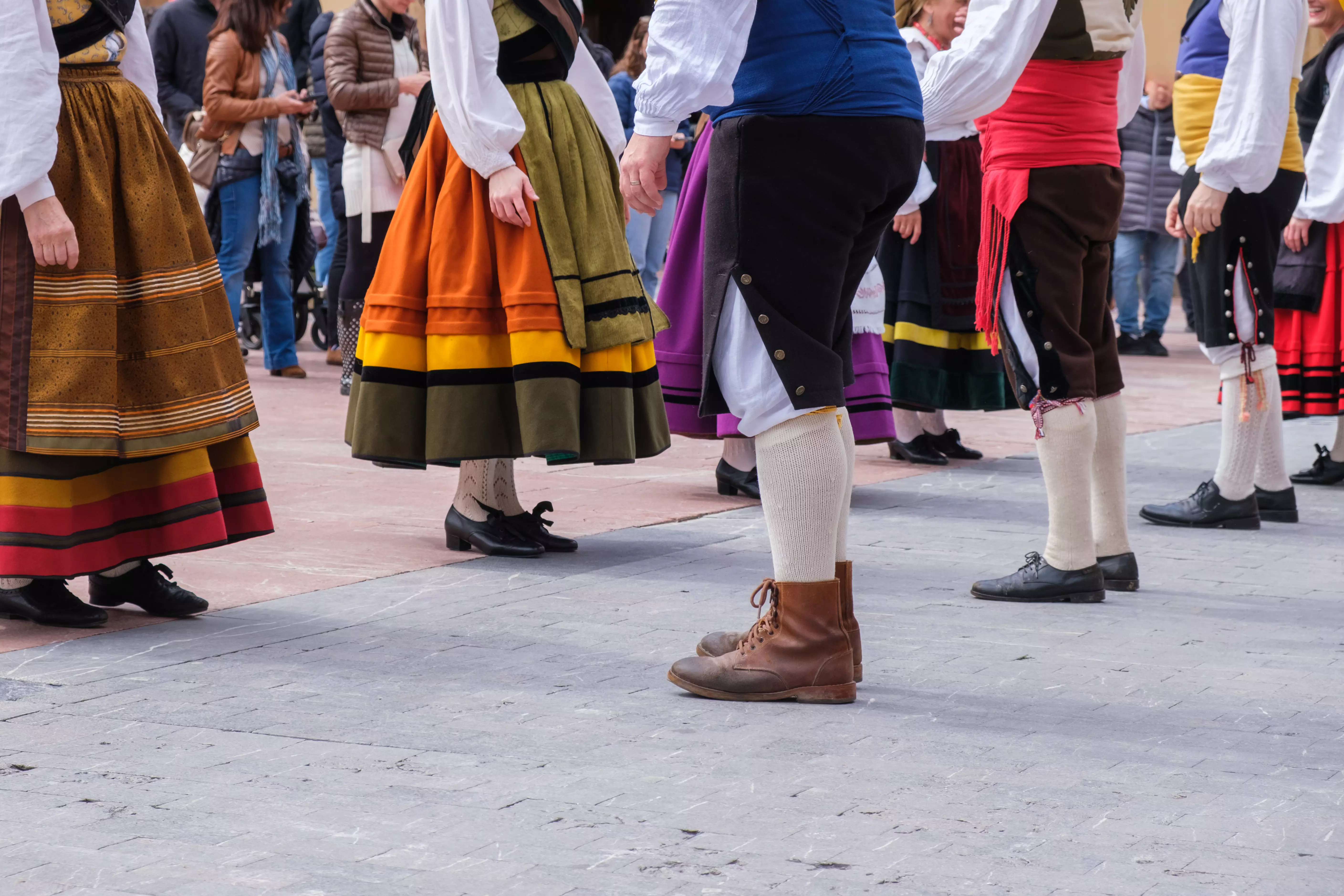Basque culture and traditions: what is worth knowing?
Basque is a region located in northern Spain and southwestern France that is famous not only for its beautiful landscapes, but also for its rich culture and diverse traditions. The Basques, the people of the area, have their own unique identity, which manifests itself in language, art, music, as well as local customs. In this article, we will take a look at the most important aspects of Basque culture and traditions that are worth exploring.
Basque language: euskara
One of the most important elements of Basque culture is the Euskara language, which is the only one not on any Indo-European language. Its origin remains a mystery, and its dialectal diversity means that each region of Basque has its own unique linguistic characteristics. Euskara is not only a language of communication, but also a symbol of Basque identity. Striving to promote and preserve it is an integral part of Basque culture.

Traditional Basque festivals
Basques are famous for organizing numerous festivals that celebrate their culture and traditions. One of the most important events is Semana Grande, held in Bilbao, where locals take part in dance shows, street parades, concerts and regional product fairs. It's a great opportunity for tourists to get acquainted with local culture and the flavors of Baskonia.
Another notable festival is the Fiesta de San Sebastián, celebrated every January 20 in the provincial capital of Gipuzkoa. On this day, the city is transformed into a veritable arena of fun with street shows, music and delicious food. Participants dress up in traditional costumes and the streets are filled with music and dancing.
Basque cuisine
Basque cuisine is another key aspect of the region's culture. It is characterized by fresh, local ingredients and a unique combination of flavors. Pintxos, small snacks served in bars, are among the most recognizable elements of Basque cuisine. You'll find them in almost every local taverna, and their variety can surprise even the most discerning foodie.
Basques are also known for their excellent wine, especially from the Rioja Alavesa region. Known for its distinctive flavor and aroma, this wine pairs perfectly with local dishes. Also worth trying are delicacies such as bacalao a la vizcaína, or cod in tomato sauce, and tarta de queso, a traditional Basque cheesecake that melts in the mouth.
Basque music and dance
Music and dance are integral parts of Basque culture. Traditional instruments, such as the txistu and darbuka, often accompany local musicians during festivals. Basque dance, including the popular aurrescu, is performed during ceremonies and celebrations, with its distinctive steps and leaps capturing the attention of spectators.
In recent years, Basque music has also gained popularity internationally, particularly with bands performing folk music that combines traditional elements with modern sounds.
Basque art
Basque is also a region rich in arts and crafts. Traditional handicrafts such as pottery, weaving and sculpture reflect local customs and beliefs. Wood and stone carvings can be seen in many Basque villages, and the process of making them is often passed down from generation to generation.
Contemporary visual arts, such as painting and photography, also play an important role in preserving Basque culture. Artists draw inspiration from tradition, combining it with modern techniques and themes, making Basque art dynamic and diverse.
Summary
Basque is a region with an extremely rich culture, full of traditions that shape the identity of this nation. The Euskara language, traditional festivals, cuisine, music and art are key elements that make Basque culture unique. Understanding these aspects allows for a deeper appreciation of this fascinating region and its people. If you are planning to visit Basque, it is certainly worthwhile to immerse yourself in its local traditions and experience its unique charm.

Añadir Comentario